The Australian’s list of the most anticipated books of 2024
Whether you’re looking ahead to your own reading or forward planning for your book club, these are the titles to keep an eye on in the coming year.
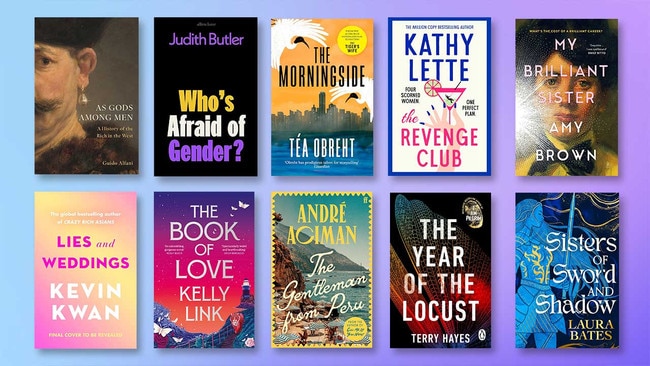
Who could have imagined the act of reading a book might come to seem radical? But so inexorable has been the advance of the digital – those proliferating screens, radiant with data and distraction, demanding ever more of our eyeballs and attention – that old-school “slow” reading now feels like a form of protest: something akin to yarn-bombing, or planting peas in a suburban nature strip under cover of night.
This list of books to look out for in 2024 celebrates narrowband communication between author and reader. It includes texts that ask us to relax our mental breathing and focus on the page to the exclusion of everything else. It prefers stories that prize character and story, and allow themes and arguments to build incrementally, organically. And it is nakedly partisan in favour of books that dig deeper into the world’s complexities – or else allow us to forget the world as it is, just for a few hours or days, in favour of a world that could be.
That said: in all the years I’ve been engaged with this yearly roundup, the thought never occurred that readers might not only be using the list for personal reading consumption but also for book club planning. It was only in the wake of an event at the venerable Queen’s Club in Sydney earlier this year, that a sharp-minded economist put me right.
She’d been combing these annual roundups for potential titles and then combining them with individual requests from book club members – the resulting list being more democratic, she said, and less prone to months devoted to duds.
So, in the spirit of the Queen’s Club Book Club, what follows is a selection of speculative book club roundups, divided by subject matter, genre, and so on – feel free to pick and mix from them to create your own hybrid list.
No thought is more appealing, this year, than tiny cells of book club resistance being formed: bucking the algorithm, throwing the phone overboard, reading in solitude before coming together with friends, colleagues, or strangers to argue about how each title unfurled inside. See how our facile binaries, our “likes” and our hates, collapse when exposed to the richness of smart, sustained, human storytelling.
SCIFI, FANTASY AND HORROR
What if the Knights of the Round Table had a female counterpart? In the novel Sisters of Sword and Shadow (S & S, January), English feminist and writer Laura Bates imagines the possibility. Her debut is set to be the first of a duology. In the same month, Anna Smail, novelist, poet and former violinist, is set to publish Bird Life (Scribe), in which a New Zealander in Japan grieving for her dead brother meets a woman who can talk to animals. Much beautiful strangeness ensues.
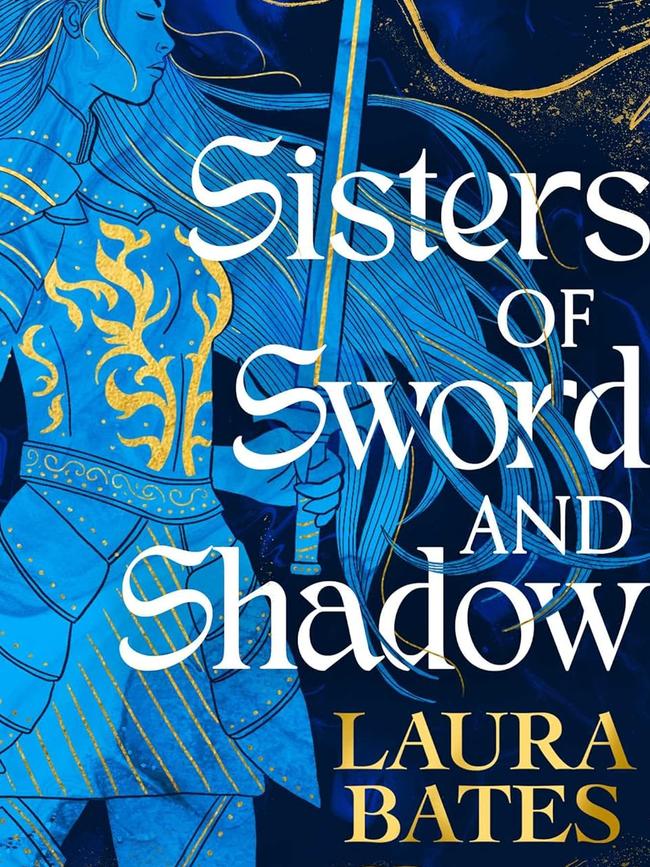
House of Last Resort (Macmillan, January) by Christopher Golden sounds less literary but a heap of high-concept fun. An American couple nab a house in a semi-abandoned Italian hilltop town for a song. Only catch: they have to live there for five years. Horror has never had a lovelier view.
Kelly Link is a name to conjure with in the world of Fantasy. Her short stories are revered. February sees publication of a novel, The Book of Love (Bloomsbury). It promises to be one of the big books of early 2024. And I’m including the paperback publication of In Ascension (Atlantic) in March 2023 because I missed this well received novel last year (it was longlisted for the Booker). Its Scottish author Martin McInnes has apparently penned a wild masterpiece.
Another cheat in March: a reissue of Cixin Liu’s contemporary speculative fiction classic The Three Body Problem (Bloomsbury) to coincide with its streaming adaptation on Netflix. A mindbender of a book and the first Asian novel to win a Hugo Award.
Again in March, author Sierra Greer gives us Annie Bot (Mariner), a debut novel about the relationship between a female robot and her human owner. Sounds like a dark reverse Pygmalion for the AI age.
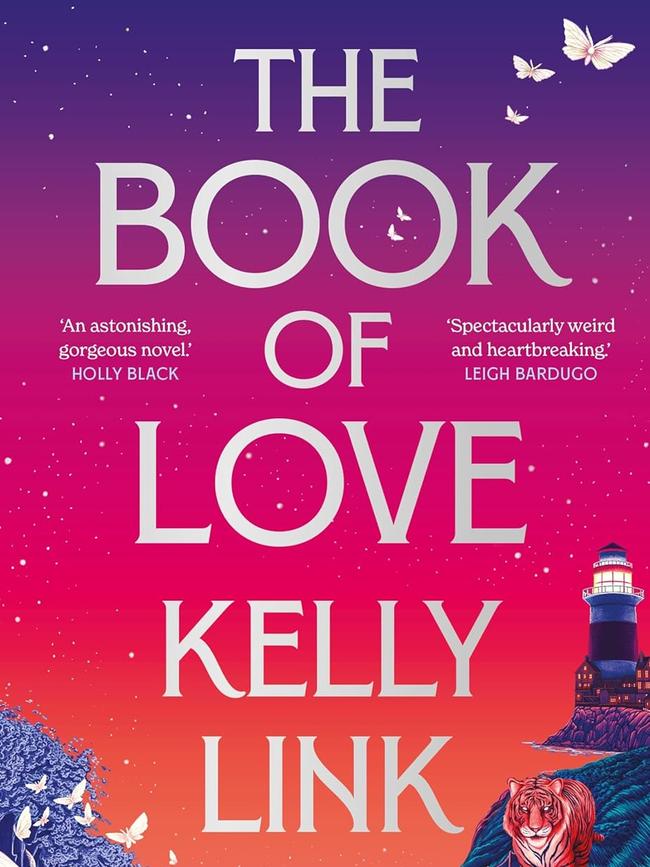
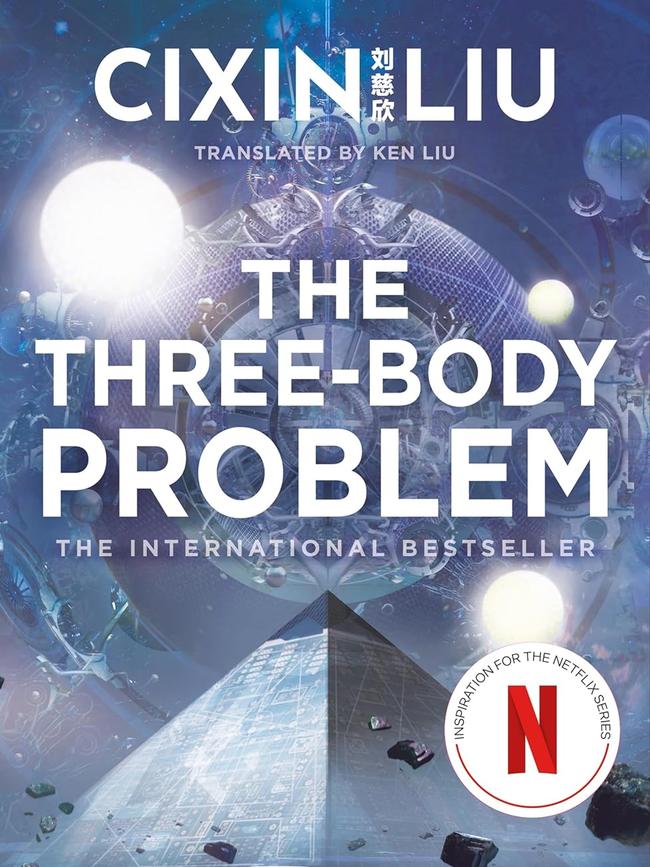
A big book drops in April from Leigh Bardugo, she of Shadow & Bone fame. The Familiar (Penguin) concerns a servant girl in the house of a Spanish nobleman who reveals a talent for magic. She soon finds herself in the service of the King, who needs any edge in Spain’s war against the English.
Meanwhile, in May, the grandaddy of horror, Stephen King, releases a short story collection. You Like it Darker (Scribner) even contains a sequel to Cujo – the novel that spoiled the reputation of St Bernard dogs for a generation.
For fans of intellectual sci-fi, August sees The Mercy of Gods (Little, Brown): the first in a new series of novels by James S.A. Corey, he of The Expanse series. Corey is to space opera what George RR Martin is to Swords and Sorcery epics.
September brings Mal Goes to War (Macmillan) by Edward Ashton. A “dark comedy wrapped in a techno-thriller skin”, according to the publisher, Mal is an AI who finds itself trapped in the body of a cyborg mercenary in the midst of a war between augmented humans and the original kind.
Finally, October brings a truly exciting release. The Great When: A Long London Novel (Bloomsbury) by Alan Moore, the first in a five volume fantasy sequence by the legendary comic book author and grey eminence of English speculative fiction.
ROMANCE
January is obviously hatchling season for Romance fiction. The start of 2024 sees Love, Just In (Allen & Unwin) from Natalie Murray, who started out in YA; The Other Bridget (Penguin) from splendid genre stalwart Rachel Johns; Jenna Lo Bianco’s bittersweet tale of love in Italian wine country, The Italian Marriage (Macmillan); Jayne Denker’s green-thumb themed enemies-to-lovers tale in It’s Probably You (S & S); and, finally, Jodi McAllister’s unlikely reality TV show romance, Not Here to Make Friends (S & S). Serious romance readers will doubtless down them all, along with a drink with an umbrella in, by a pool.
If you’re not jaded by the time February rolls around, Kate Davies’s Nuclear Family (Borough) sounds genuinely lovely. The English author’s novel explores the drama that follows when twin daughters buy a DNA test for laughs and take it, only to find their dad isn’t their biological father. Many tears, much confusion, and complex comedy follows.
February also sees publication of Kathy Lette’s new novel, The Revenge Club (Bloomsbury). I’d boil this one down but, if you know Kathy, you know her schtick. So, my suggestion is: read her if you love her – and if not, instead read the co-author of her first novel, Puberty Blues: Gabrielle Carey, who died too soon this year and who never wrote a book that she didn’t want to write.
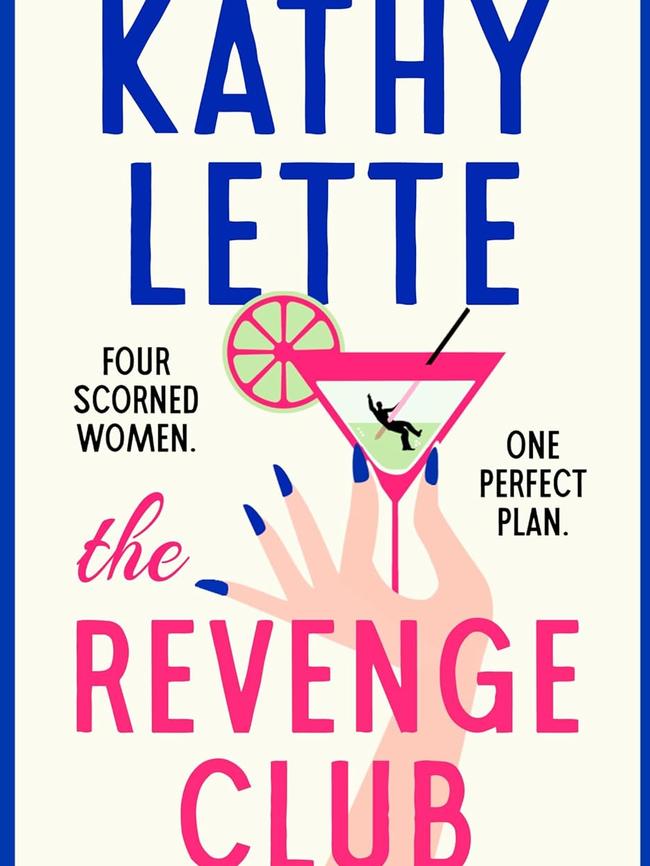
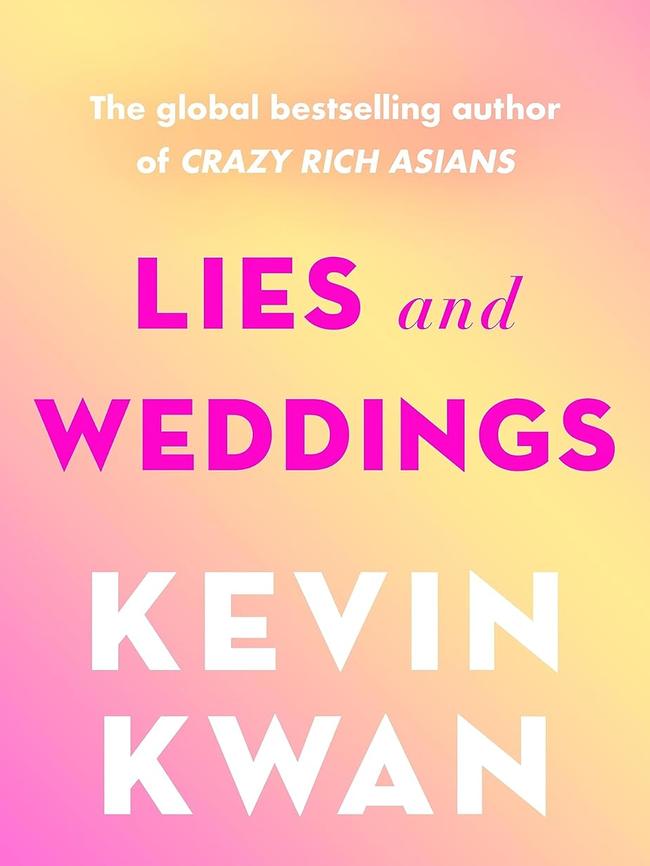
Gabrielle never got the sales but she had street cred in spades. No one wrote of the joys and pain of love like her. I’d start with Just Us (Penguin, 1986), about the time the author met, fell in love with, and married a convicted rapist. She was brilliant, all agreed, though her taste in blokes was uneven. I, and her friends – of which there are so many – miss her very much.
March sees publication of Go Lightly (Bloomsbury) by Brydie Lee Kennedy: a bisexual rom-com in which an Aussie girl in London falls in love with a girl and boy at the same time, while April brings Funny Story (Penguin) by Emily Henry – the reigning doyen of cool girls’ romance – in which a young woman may or may not be falling for her ex-fiancee’s new fiance’s ex-boyfriend (email me: I’ll draw you a chart).
April brings Just for Summer by Abbey Jiminez (Forever), in which a young man apparently cursed to have all his dates find their forever partners after breaking up with him, meets a woman who wants to connect only to ensure that she achieves that end. Except: events, dear lady, events!
Lies and Weddings (Penguin, May) is the follow-up to Kevin Kwan’s mildly successful debut, which you probably didn’t hear about: Crazy Rich Asians. This time said Asians have married into the English aristocracy. It all sounds super fun.
Two Macmillan titles round out the year. The Pairing (August) by Casey McQuiston sees two bisexual exes accidentally book the same European food and wine tour and challenge each other to a hook-up competition to prove they’re over each other, “except they’re definitely not”, while Australian rom-com author Karina May’s new one, That Island Feeling (December), sees a divorce party and a stag do accidentally double-book an island in the Pittwater estuary North of Sydney. Much rude frivolity, sadness, and sweetness ensues!
CRIME & THRILLERS
I have loved Lynda La Plante, immoderately, for giving the world Helen Mirren in Prime Suspect – the greatest TV crime adaptation of all time. This January she publishes Alibi (A & U), a legal thriller in which the police are sure a man comitted violent crimes against several women, and yet those around the suspect protect him, nonetheless.
The same month sees arrival of a psychological thriller with real twistiness. The Silence in Her Eyes (S & S), by Armando Lucas Correa, centres on a young woman who suffers from a rare neurological condition – motion blindness, or a failure to perceive movement – and grows convinced that her neighbour is set to be murdered.
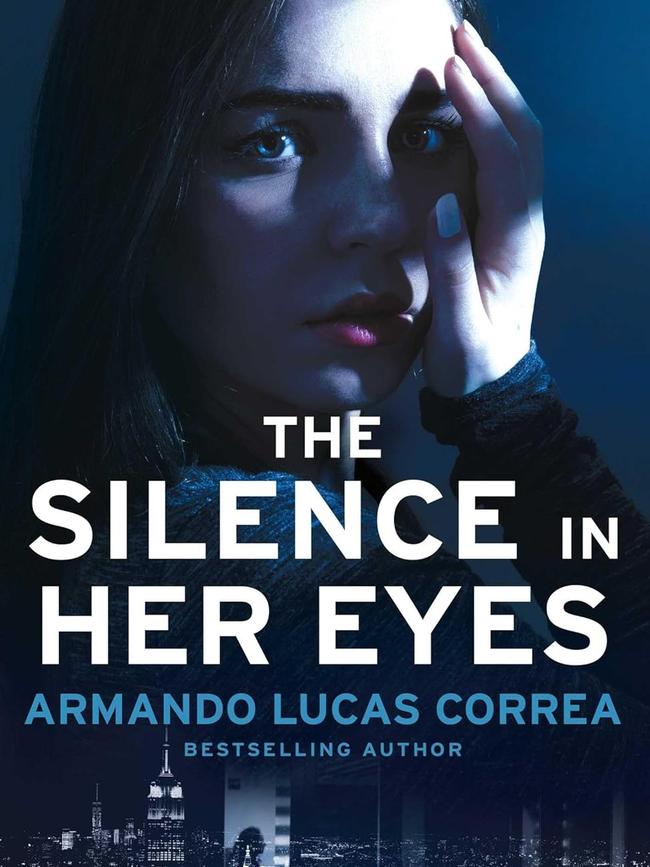
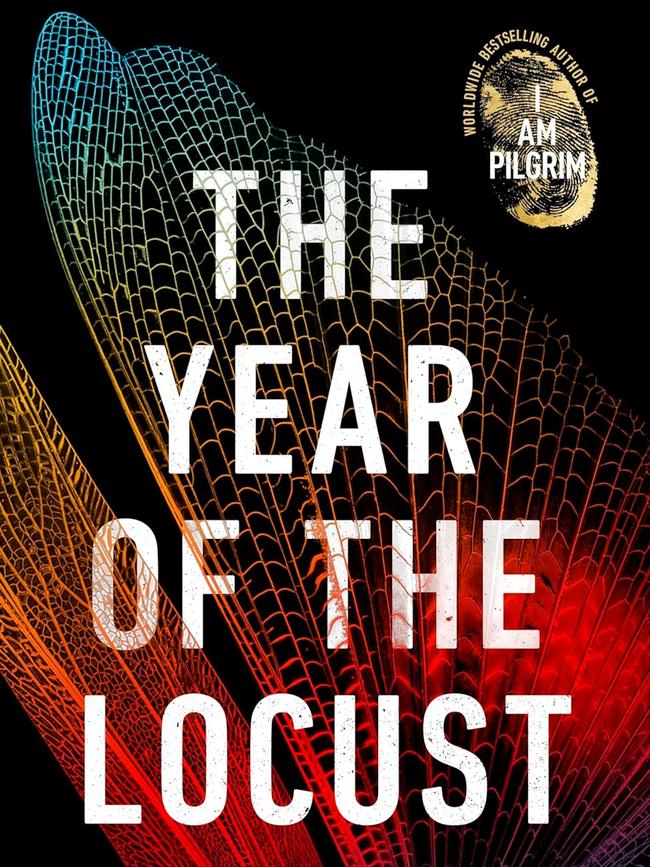
Alex Michaelides’ The Fury (Penguin, January) is one of the “bigly’”publicised crime novels of early 2024, and understandably so. A reclusive movie star and her friends take a spontaneous trip to a Greek island, only to have a murder interrupt their holiday plans.
Following hard on those heels is The Year of the Locust (February, Penguin), by former Australian journo and Mad Max screenwriter Terry Hayes. Almost 700 pages of international thriller intrigue based around the badlands of Afghanistan, Pakistan and Iran from the author of I Am Pilgrim. Hayes’ new novel sounds as terrifying as it is beguiling.
The same month brings us To the River (Text) by Vikki Wakefield, in which a remote caravan park fire that killed nine people – a crime to which a girl admits before disappearing – is reopened by another woman, years later, rendering the tale infinitely more complicated.
Well-wrought rural Australian crime to place beside Hayley Scrivenor and Chris Hammer, from early reports.
March sees A Death in Diamonds (A & U) by S.J. Bennett, which reimagines the young British queen of the 1950s as an amateur sleuth, while a big new book by Nicci French – Has Anyone Seen Charlotte Salter (S & S) – explores the decades-long fallout from the disappearance of a beloved wife and mother from her East Anglian village home.
Based on my anti-algorithmic primitive human search vibes, Stuart Turton appears to have written one of the most anticipated crime novels of the year. Last Murder at the End of the World (Bloomsbury, April) is set on an island that has escaped human extinction (by mysterious fog) – until now, that is.
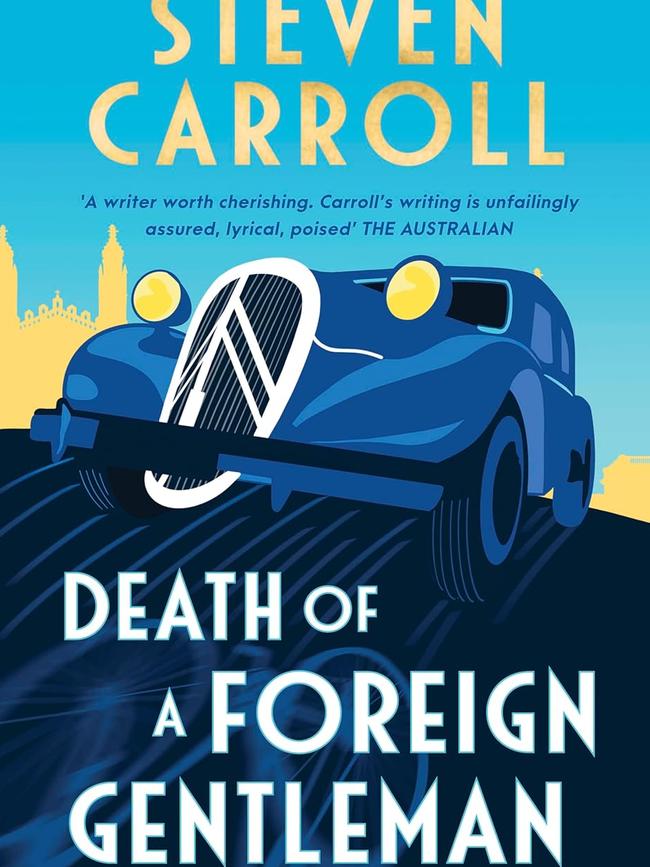
Just as high concept – though perhaps less disturbing – is beloved Australian literary novelist Steven Carroll’s Death of a Foreign Gentleman (HarperCollins, April), in which an Austrian-born Jewish cockney named Stephen Minter investigates the death of a Nazi philosopher. The first of a series, which is exciting news.
If there is a more splendid human than Steven Carroll writing in Australia today, it’d have to be Michael Rowbotham: a crime writer so galactically successful he needs no introduction. His new one, Storm Child (Hachette), deals with the aftermath of a mass drowning off a British beach.
Holly Wainwright, meanwhile, has written her version of The Slap – He Would Never (Macmillan) – dealing with a group of families who holiday together annually: until, of course, one of the fathers present is accused of inappropriate behaviour towards one of their daughters.
Seventeen Years Later (Hachette, July) is Kiwi crime writer J.P. Pomare’s new one. It deals with the fallout from the death of wealthy family, a slaughter that shocks New Zealand. I love Pomare’s sense of place and his unremittingly darkling imagination.
LITERARY: LOCAL
It has been a long time since I’ve read a manuscript as beautiful and smart as My Brilliant Sister (S & S, January), by New Zealand-born poet and Melbourne-based teacher and writer Amy Brown. Concerned, in part, with reclaiming the life of Stella Maria, Miles Franklin’s sister, it is also a work about motherhood, female friendship, and the price paid by women to practise their art.
February sees a posthumous collection of stories by Georgia Blain, We All Lived in Bondi Then (Scribe). Blain is a much-missed fixture of Australian literature who died of brain cancer in 2016, while the following month sees a new novel by the talented and industrious Gail Jones (Text). One Another riffs on the life at sea of one Joseph Conrad, and is set between past and present, UK and Australia.
March also sees publication of a singularly powerful novella – Thunderhead (Scribe) by Miranda Darling – and Cool Water (Hachette), a family drama by Myfanwy Jones.
Vogel-winning short story writer Murray Middleton spent seven years researching his vivid, take no prisoners novel about Melbourne’s inner city towers and the migrant communities who call them home. No Church in the Wild lands in April.
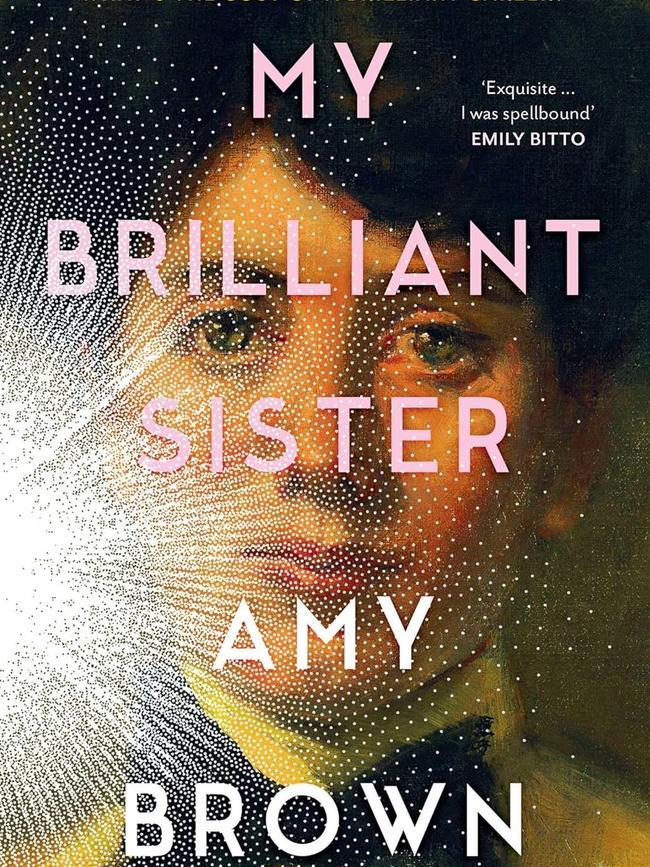
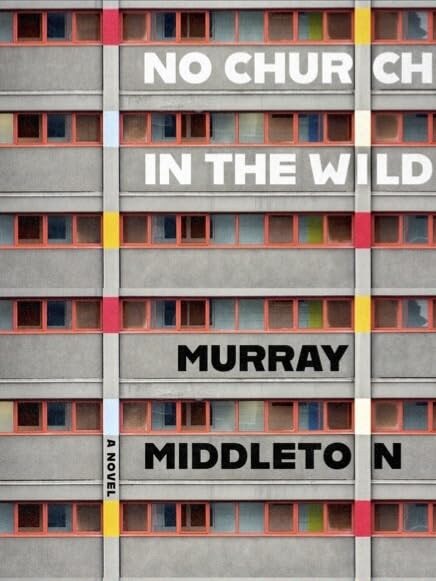
The following months sees publication of The End of the Morning (Newsouth), an unfinished autobiographical novella by Charmian Clift, who would have celebrated her 100th birthday this year, along with a series of essays by Clift and an afterword by her biographer Nadia Wheatley.
May also sees publication of Only the Astronauts (PRH) by Ceridwen Dovey. Dovey is simply one of the most elegant and intellectually bracing prose writers we have. This new short story collection will doubtless be as weird and wonderful as its earlier companion volume, Only the Animals.
June brings Heartsease (Picador) by the blackly comic imagination of Kate Kruimink – an account of grief and sibling bonds so sharp you should beware of paper cuts – while the following month brings Oblivion (Transit Lounge) by Patrick Holland. The author’s fifth novel follows a diplomat through the hotels and airports of South-East Asia. It sounds like W.G. Sebald meets Lost in Translation.
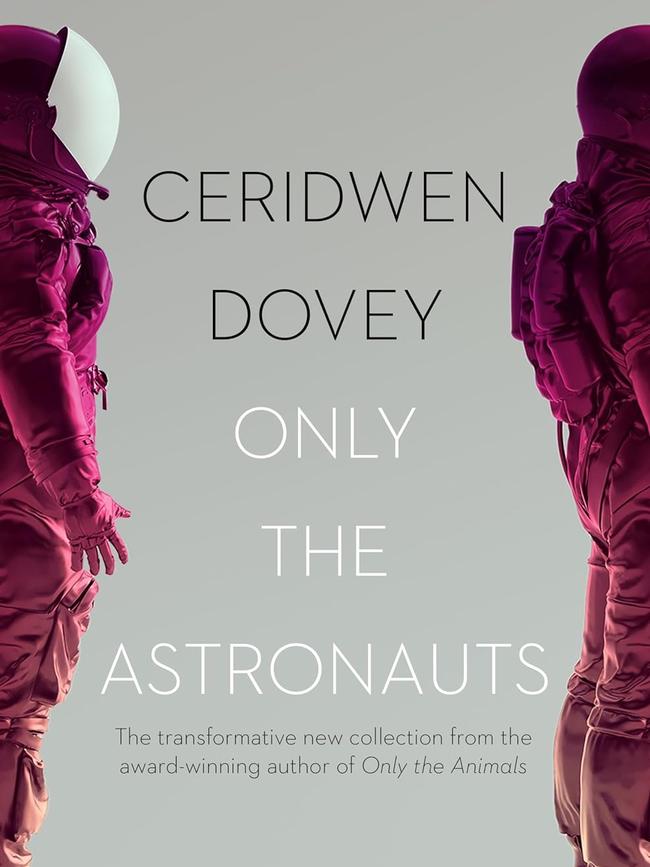
Cherrywood (HarperCollins) by the splendid Jock Serong sounds like a thrilling departure from his more traditional historical novels. A magical realist epic in the spirit of Peter Carey, it promises to be one of the big books of the year.
Just as big (in terms of formal inventiveness and general ambition) is Malcolm Knox’s new novel, The First Friend (Allen & Unwin, September). An antic, tragicomic reimagining of the life of Lavrentiy Beria, the Georgian Bolshevik politician and Stalin’s murderous head of security, told from the perspective of his oldest friend.
Finally, in October, aged 88, Rodney Hall will publish his swan song. Vortex (Picador) is the two-time Miles Franklin winner’s most personal novel, though it also contains his most expansive vision of the Twentieth century and its horrors.
LITERARY: OFFSHORE
Hard By a Great Forest (January, Bloomsbury) looks set to start the literary year with a bang. Georgian-born Leo Vardiashvili’s debut novel, an assured epic about the trauma of war in the Caucasas, has attracted quantities of early praise.
February sees a truly, wonderfully weird novel by Helen Oyeyemi. Parasol Against the Axe (Faber) is apparently a work in which the city of Prague is a major character. It’s just the kind of magical realist gambit invented by the late, great Gabriel Garcia Marquez, whose final, posthumous novel, Until August, will be released in March, surely to huge excitement.
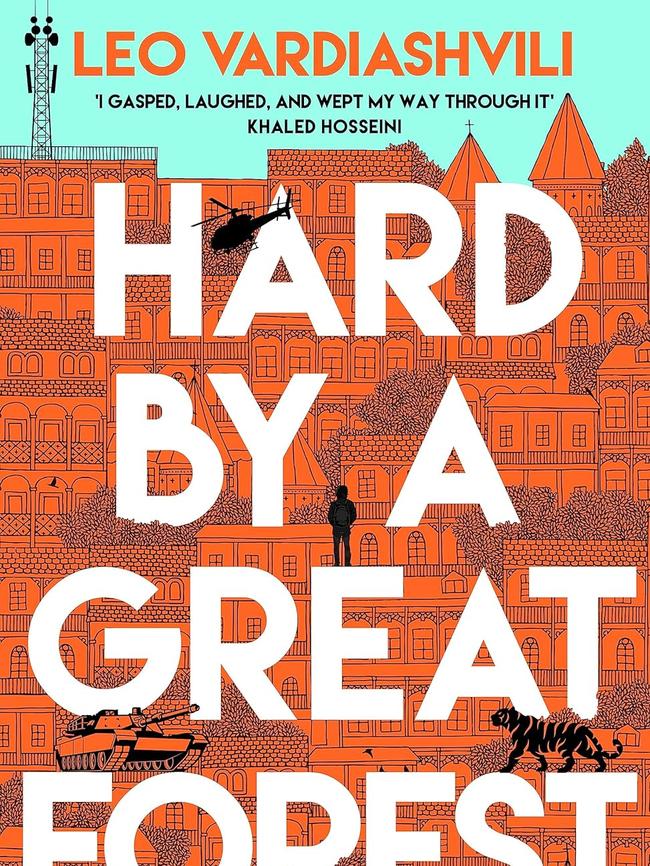
Tea Obreht – she of The Tiger’s Wife fame – will be out with her much-awaited second novel in March, also. The Morningside explores a near-future world in which the apocalypse promised by climate disruption has been unevenly distributed. Meanwhile, The Axeman’s Carnival (Europa/A&U), by the powerfully original Kiwi writer Catherine Chidgey, features a Magpie who can talk.
The sense I get from most anticipated books lists in the US, is that March will also see one of the biggest literary titles of the year: Percival Everett’s James. Everett, whose novel, Erasure, has just been made into the well-regarded film, American Fiction, has set his sights on rewriting Huckleberry Finn from the perspective of escaped slave Jim. Large shoes to fill!
April sees two Faber titles that tickle my fancy and doubtless yours, too. The Gentleman from Peru by Andre Aciman is a novella set in a hotel on the Amalfi coast, dealing with themes of love and loss – while Scottish writer Andrew O’Hagan’s new one, Caledonia Road, is a state of the nation novel from a man whose sociological eye and poet’s ear are second to none.
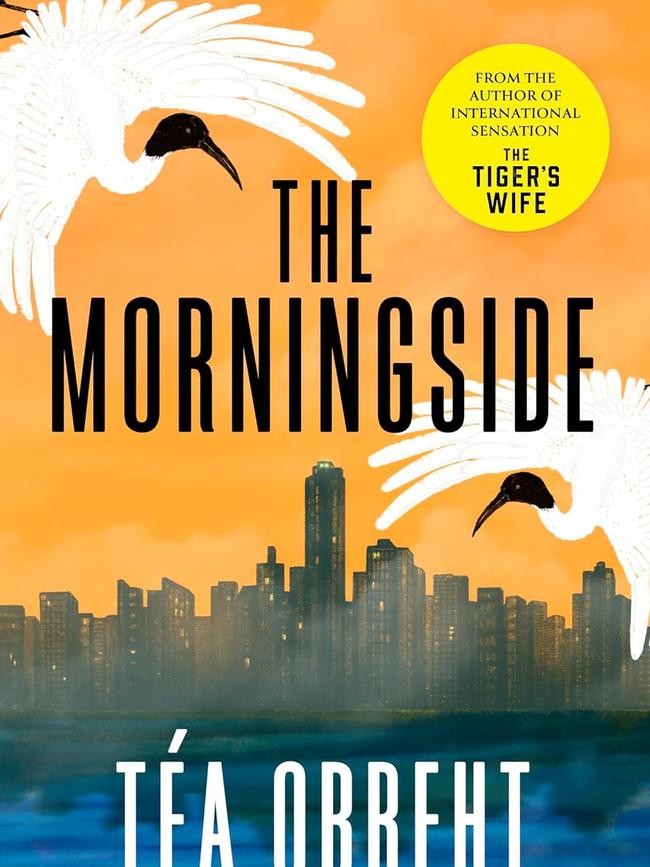
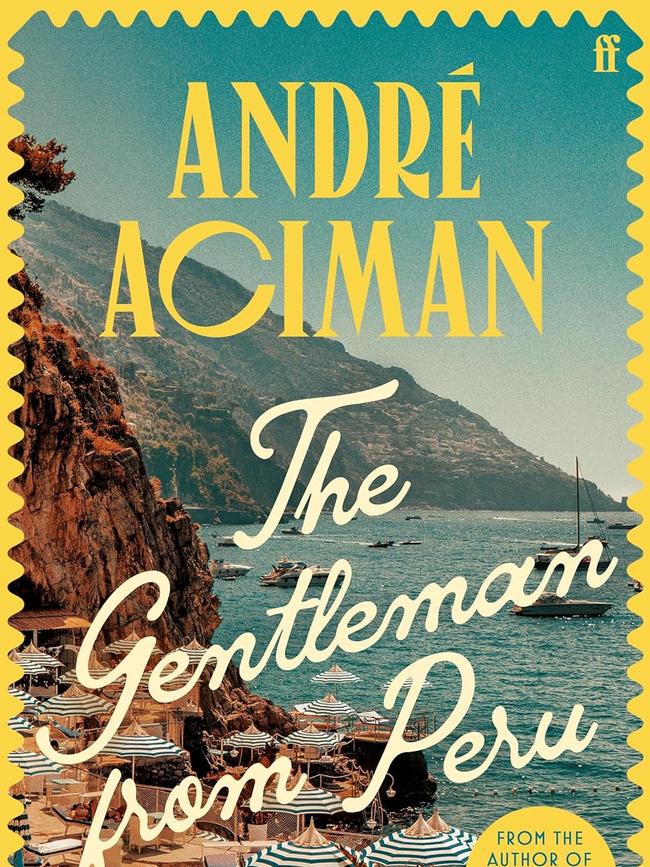
Sarah Perry wowed the known reading universe with her second novel, The Essex Serpent, back in 2016. In May, she returns with a more contemporary fiction, centred around friendship, faith, and unrequited love – Enlightenment (Serpents Tail) is once again set in Essex, but its eye is aimed heavenward.
I may be biased – I am biased, I’m publisher of this book – but May 2024 sees publication of one of the most anticipated books of next year: Long Island (Picador) by Colm Toibin. This is Colm’s sequel to Brooklyn – no more needs to be said.
Miranda July is a cult novelist (and actor, and director) who, nonetheless, can be read and enjoyed by everyone. All Fours (Faber) – which lands in July, natch’ – is, apparently, a frank and funny ode to love in all its forms. If it’s half as good as her debut novel, The First Bad Man, it will be brilliant.
Lastly: September. Rare Singles (Bloomsbury) by Benjamin Myers. Myers brought us the wondrous The Gallows Pole, recently adapted for the box, among a pile of brilliant novels. His new one imagines a forgotten soul legend being invited to rainy Scarborough by a local fan. It sounds like Nick Hornby but Myers is his own magnificent thing.
NON FICTION
January brings scholar Guido Amalfi’s As Gods Among Men: A History of the Rich in the West (Princeton University Press). If ever there was a moment to take stock of the relationship between the haves and have-nots, it is surely now, during the gilded age 2.0.
And while we’re thinking about the present, New Yorker staff writer Kyle Chayka has gifted us with Filterworld: How Algorithms Flattened Culture (Doubleday). Chayka thinks algorithms are, essentially, inimical to human imagination and human flourishing. We desperately need her insights.
February also brings a book which sounds a little, to me, like a whipcrack smart, female version of Liar’s Poker for the new millennium. Private Equity (Bloomsbury) by Carrie Sun. I can’t wait to read it.
And a biography (a reissue, so a cheat) I nonetheless must celebrate, since overlooked Australian writers are in my wheelhouse: Cathy Perkins’s The Shelf Life of Zora Cross, concerning a forgotten but hugely significant early 20th century bohemian poet from Sydney, is a joyous, thoughtful, and much needed reclamation. Our literary canon is smarter – and far sexier – than you could have imagined.
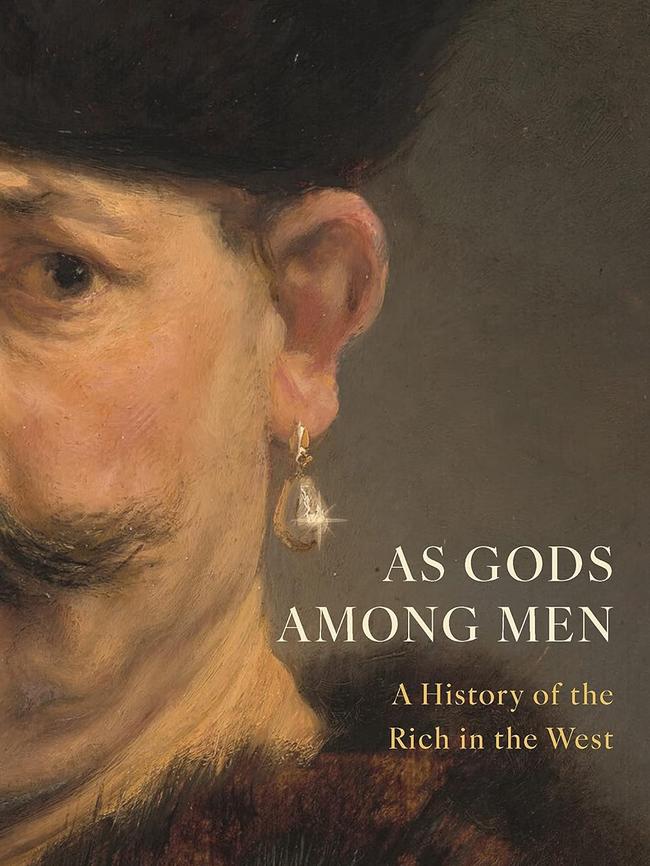
That said, gender has become a flashpoint in recent years – and the intensity of argument surrounding it frankly leaves me beached and gasping. Enter Judith Butler, doyenne of gender studies, with Who’s Afraid of Gender (March, Macmillan). Her new book promises to clarify the terms of debate and locate those using gender arguments to pursue broader political aims.
April sees publication of a disturbing yet necessary book by Vandemonian author Cassandra Pybus. A Very Secret Trade (A & U) looks at the queasy tradition of Anglo gentleman who made genocide into an opportunity for expanding their collections.
Tasmania, apparently, was ground zero for such efforts.
Also in April, a reissue. But one every sentient human needs to absorb. Laurence M. Krauss’s The Physics of Climate Change does what it says on the label. This is not politics. This is our world. We need to understand what is being done to it.
How to Be a Citizen (Bloomsbury), by C.L. Skach, an American professor of political and legal theory, is a book by a big-brained human who has stepped outside of the academy to think about how we might be civil to one another without requiring the state to adjudicate.
William Dalrymple is an author and historian of immense charm and intelligence. His new one – The Golden Road: How Ancient India Transformed the World (Bloomsbury) – promises to be a synthesis of decades of thought and research.
James Belich is one of our absolutely necessary historians; his lens is wide as the world itself. August sees publication of The World the Plague Made: The Black Death and the Rise of Europe (Princeton University Press).
April sees publication of another necessary book: novelist and critic James Bradley’s Deep Water: The World in the Ocean (Penguin). Bradley has poured his whole soul into this book, a work of creative nonfiction immense in scope and implication. Tim Winton calls it a “beautiful, lucid hymn” to our oceanic world – praise that I cannot top, though I concur.
April also sees arrival of a book that will doubtless capture public attention. Salman Rushdie’s Knife (Penguin) is probably self-explanatory.
Whatever you make of the man, as a writer he is the anvil on which arguments about belief and modernity have been bashed out.
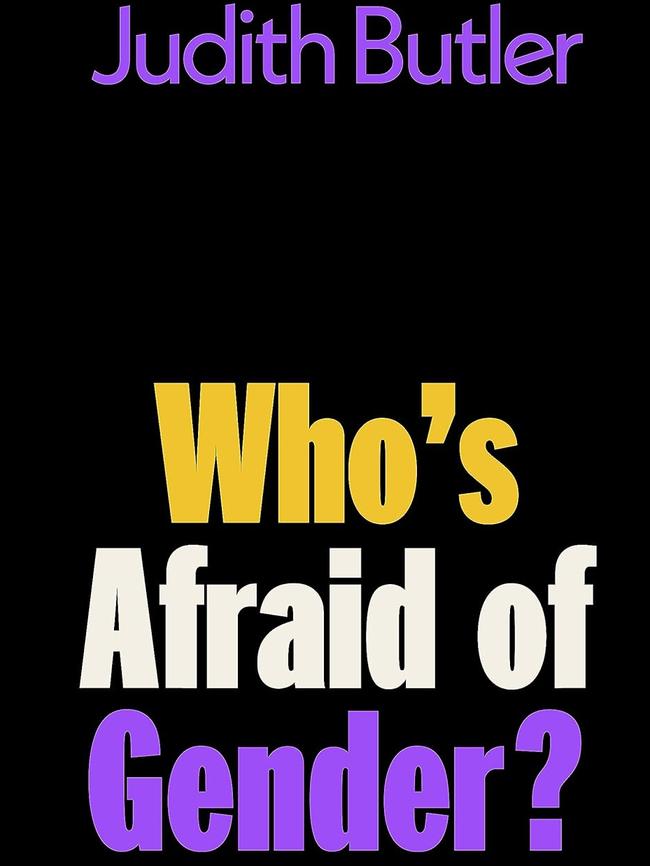
In May, Black Inc. releases a memoir like no other. Because I’m Not Myself, You See is an account by Ariane Beeston, a psychologist and former child protection worker, of the period, following the birth of her son, when the author experienced postpartum psychosis: a rare condition in which the new mother suffers from confusion, anxiety, delusions, hallucinations, and suicidal thoughts.
Beeston manages the rare trick of making complex ideas about mental health and its absence comprehensible to lay readers, as well as making this dark time sing with mordant humour on the page.
May also brings one of my most keenly anticipated titles of the year: Shirley Hazzard and Elizabeth Harrower: The Letters (NewSouth), edited by Brigitta Olubas and Susan Wyndham. Two brilliant women at the heart of Australian literary culture in the post-war decades allow us to breathe their thoughts and their world.
The middle of the year brings a solstitial blessing: Shakespeare is Hard, but so is Life (Bloomsbury). Author Fintan O’Toole is the most eloquent, morally courageous, and generally fun intellectual at work in the Anglosphere today. Anything the Irishman has to say about Shakespeare can only add to the general glamour that accrues to the Bard.
July sees publication of two titles that threaten to teach us all. First is the reissue of Nobel prize-winning economist Angus Deaton’s The Great Escape: Health, Wealth, and the Origins of Inequality (Princeton University Press) – a work that unravels the reasons why America is richer than ever but in a state of collapse – and Chen Jian’s timely Zhou Enlai: A Life (Harvard University Press), concerned with the first premier of China and its pre-eminent diplomat: the man who sought to protect China from the worst excesses of Chairman Mao.
Zhou is famous, of course, for his cryptic response to the question about the French Revolution’s significance – that “it was too early to say”. I’ve often pondered this one and the conclusion I’ve drawn is that he meant that any great upheaval of the past may be altered by events in the present. The revolution of the digital, which saw a step-change this year with the arrival of AI, can inaugurate an age of profound disruption and impose a heavy human cost, or it can be used in ways that augment our most ambitious and generous impulses. May your analog reading this coming year grant you the perspective to tell the difference.
Geordie Williamson is The Australian’s chief literary critic.


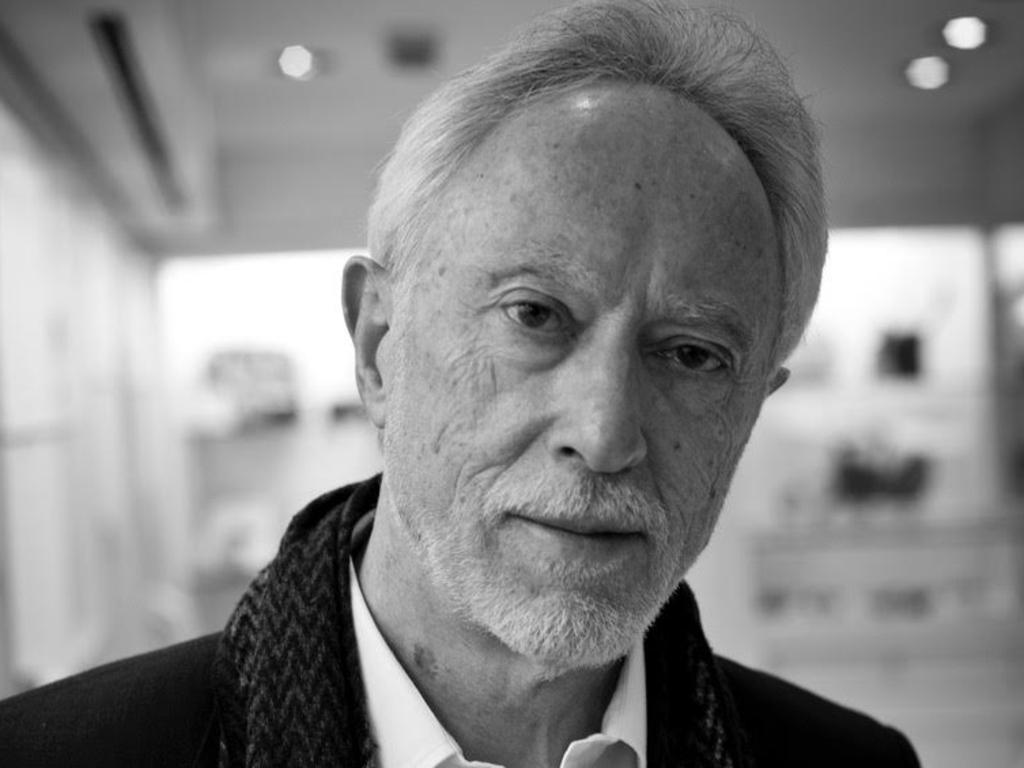
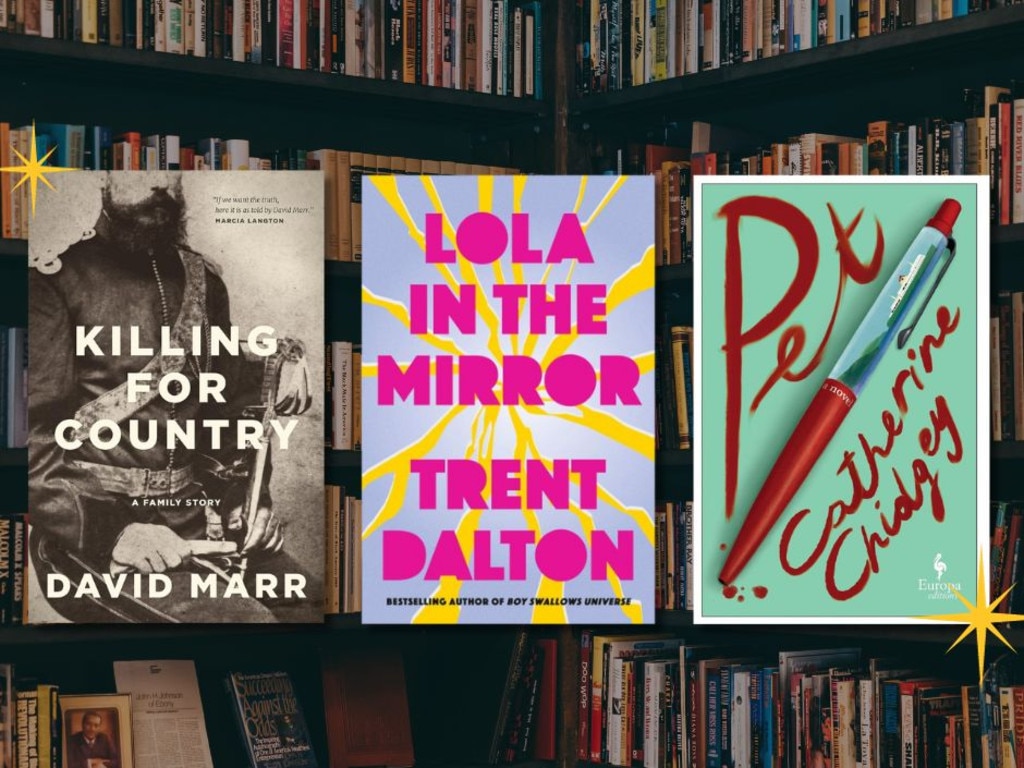

To join the conversation, please log in. Don't have an account? Register
Join the conversation, you are commenting as Logout